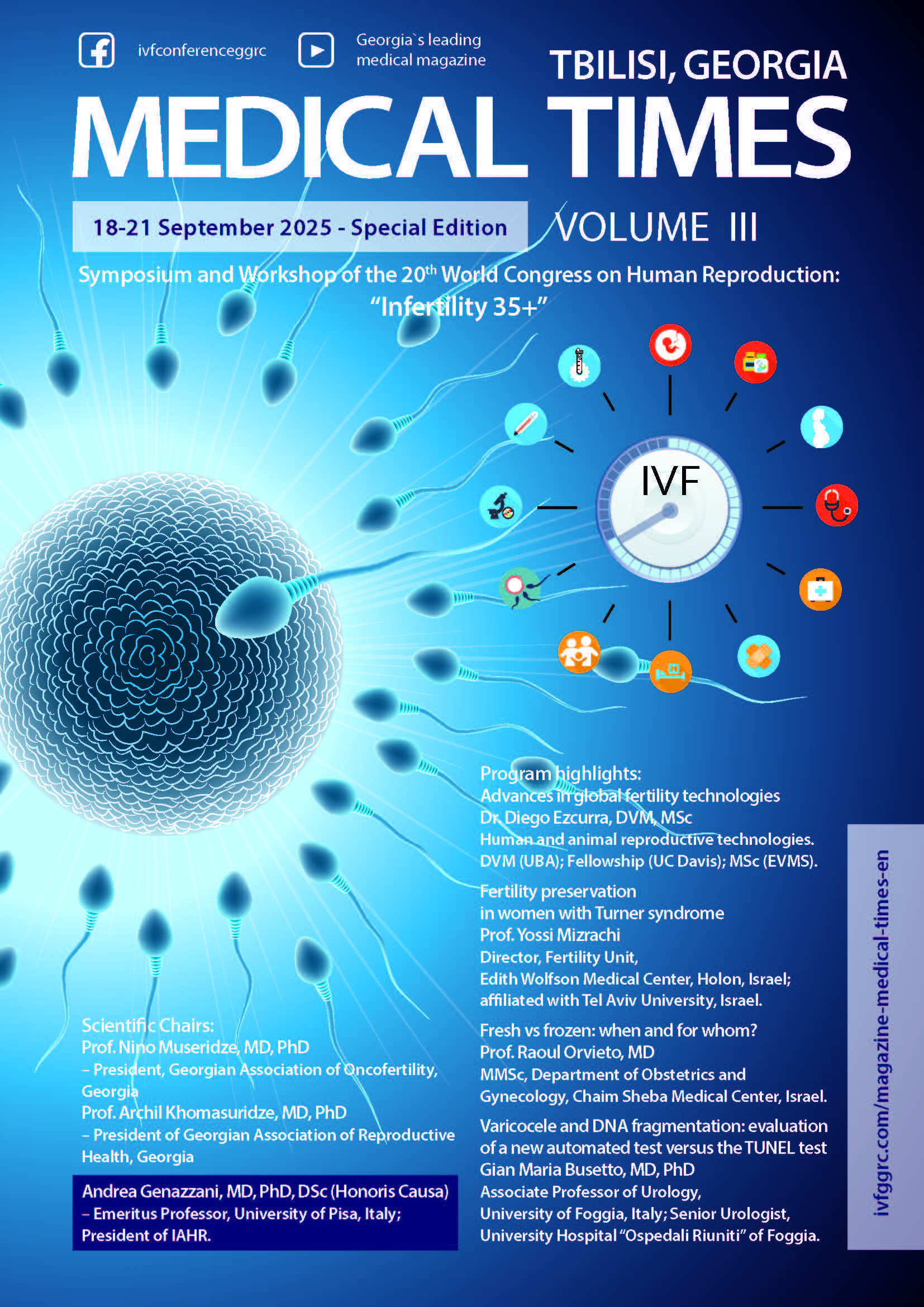Menopausal Transition Period: Hormonal Changes, Clinical Symptoms, Diagnosis, and Modern Management Approaches
DOI:
https://doi.org/10.71419/mtggrc.2024.20Keywords:
menopausal transition, perimenopause, hormonal changes, menstrual irregularity, anovulatory cycles, symptom management, hormone therapy, reproductive agingAbstract
Background: The menopausal transition (MT) marks the end of a woman’s reproductive years, characterized by hormonal changes, irregular menstrual cycles, and various symptoms impacting health and quality of life.
Objective: To understand the hormonal fluctuations during MT and the clinical implications for managing symptoms.
Method and Materials: The article synthesizes findings from various studies and consensus workshops, particularly the Stages of Reproductive Aging Workshop (STRAW), detailing hormonal changes and clinical presentations during early and late MT.
Results: MT involves erratic estradiol levels, decreased progesterone, and increased follicle-stimulating hormone (FSH), leading to irregular cycles, with notable events like luteal out-of-phase (LOOP) cycles. Symptoms often include abnormal uterine bleeding, hot flashes, sleep disturbances, and mood disorders. Hormonal therapies, including estrogen and selective serotonin reuptake inhibitors (SSRIs), are effective but should be administered cautiously due to associated risks.
Discussion: The hormonal chaos of MT complicates infertility and symptom management. Non-hormonal therapies and lifestyle modifications are beneficial but often less effective than hormone therapy.
Conclusion: A personalized approach to managing MT is crucial, integrating hormonal and non-hormonal strategies, lifestyle changes, and mental health support. Continuous research aims to optimize these interventions for better outcomes in women during MT.
Downloads
Published
Issue
Section
License
Copyright (c) 2024 George Tevdorashvili, Nikoloz Kintraia, Mariam Andghuladze, Nato Metskhvarishvili (Author)

This work is licensed under a Creative Commons Attribution 4.0 International License.
In case an article is accepted for publication it is allowed to combine the article with other research, to conduct new research on the article, or to make different arrangements on condition that the same license is used including commercial purposes.
As an author of an article published in the Medical Times, you retain the copyright of your article and you are free to reproduce and disseminate your work.














